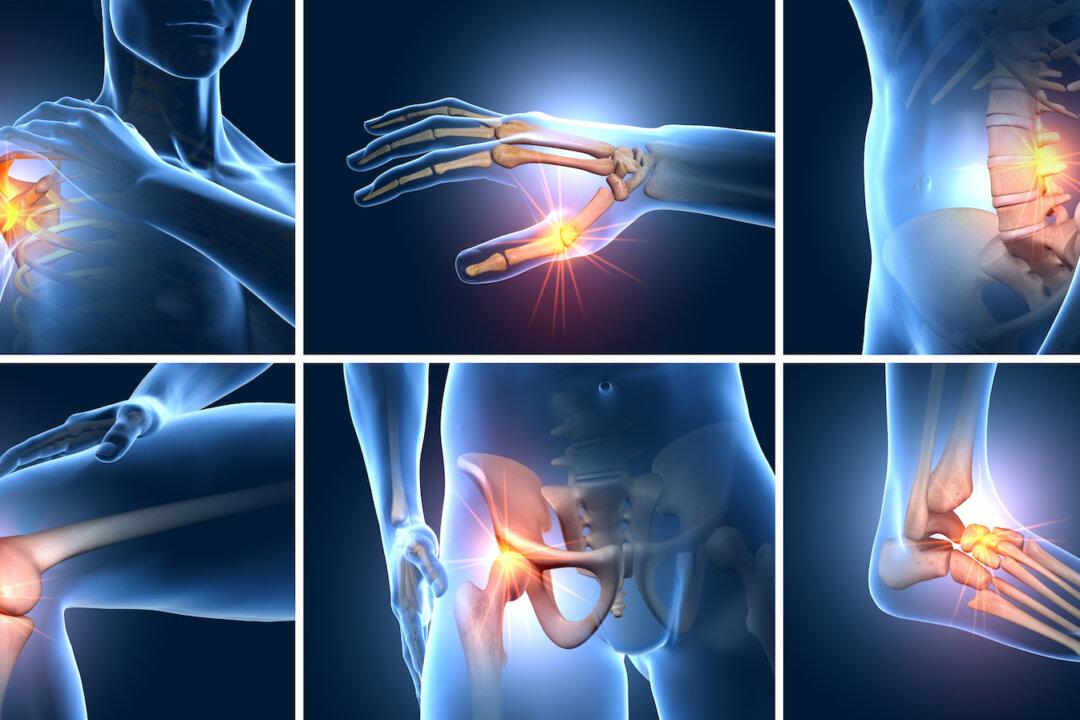When you catch an infection, your body responds with redness, swelling, and pain. This is called inflammation. It’s how our immune system gets rid of intruders.
This response is an essential part of the healing process. But inflammation can also work against us—when things go wrong, it can become a major driver of disease.






